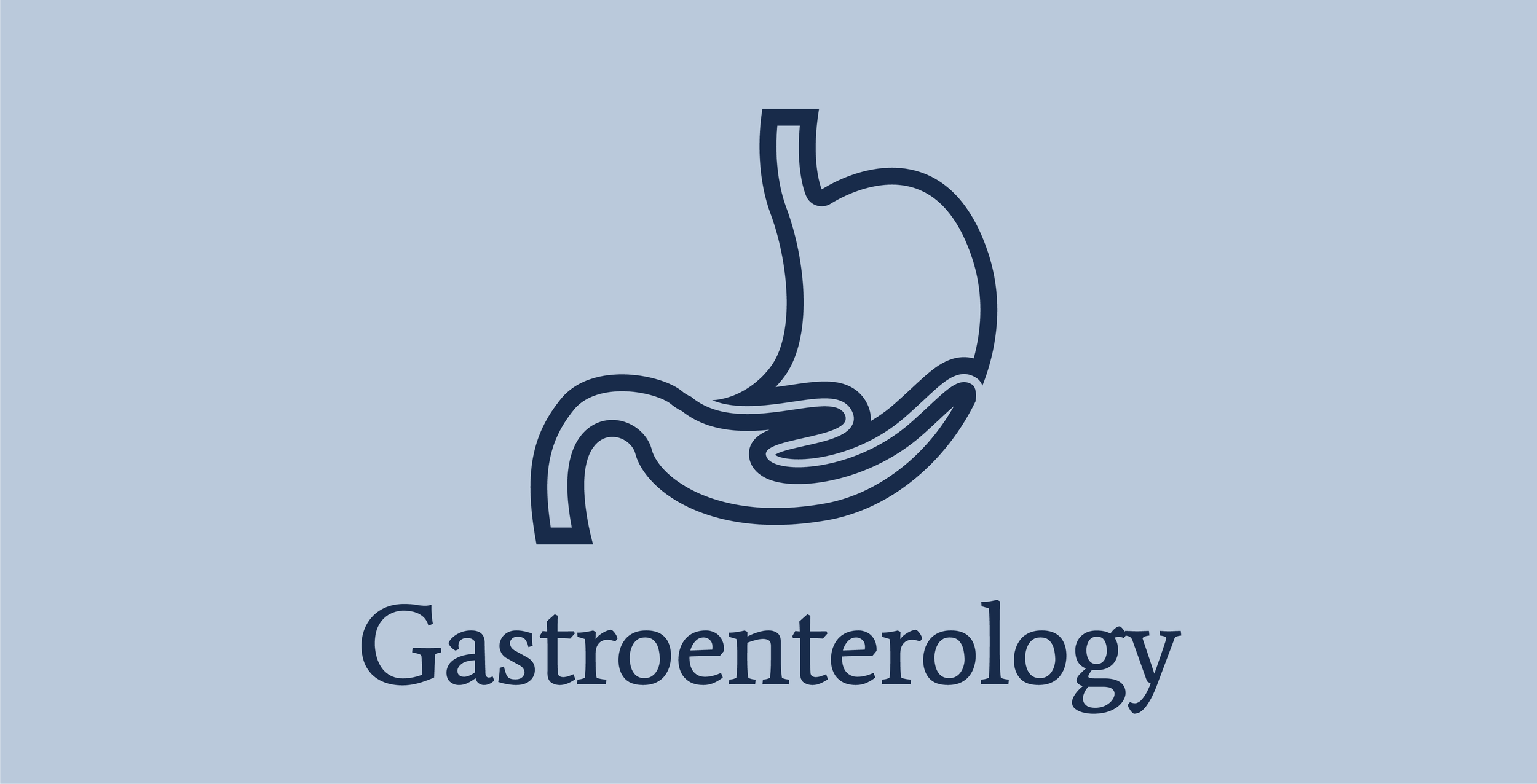SPECIALTIES
SCNC is a multidisciplinary neuroscience program composed of specialists who are not only leaders in their neurological specialties, but also work hard to advance what is practiced throughout medicine today. These specialists treat conditions of the brain, spine, and nervous system.
Stroke is one of the most common and most crippling neurological disorders, affecting 795,000 persons annually in the US, and responsible for over 140,000 deaths. SCNC and Huntington Hospital have Advanced Certification as a comprehensive stroke center from The Joint Commission and the American Heart Assoc./American Stroke Assoc.
Epilepsy, causing general and focal seizures in patients, affects close to 50 million persons worldwide. SCNC and Huntington Hospital are proud to feature comprehensive inpatient and outpatient epilepsy services including long term EEG monitoring and ABRET-certified neurophysiology intraoperative monitoring capabilities.
Neuromuscular diseases are a wide group of conditions affecting the peripheral nervous system, causing symptoms of pain, weakness, or sensory loss. These conditions may include neuropathy, myopathy and muscle disease, myasthenia gravis, or amyotrophic lateral sclerosis (ALS) and related motor neuron diseases.
Even since the first description of Parkinson’s disease (PD) by Dr. Parkinson himself in 1817, we have known the gastrointestinal (GI) tract to be particularly involved in this condition. However, only until recently have scientists and physicians re-prioritized the GI manifestations of PD. Increasing evidence suggests that PD may actually originate in the gut of some patients, and we have an improved understanding of the connection of GI functions with drug absorption and potentially motor symptoms.
Movement Disorders are a complex group of conditions including Parkinson’s disease, dystonia, essential and other forms of tremor, Tardive dyskinesia, chorea, and spasticity. Our expertise includes advanced diagnosis and treatment evaluations, Deep Brain Stimulation implantation and management, Botox and botulinum toxin injections.








